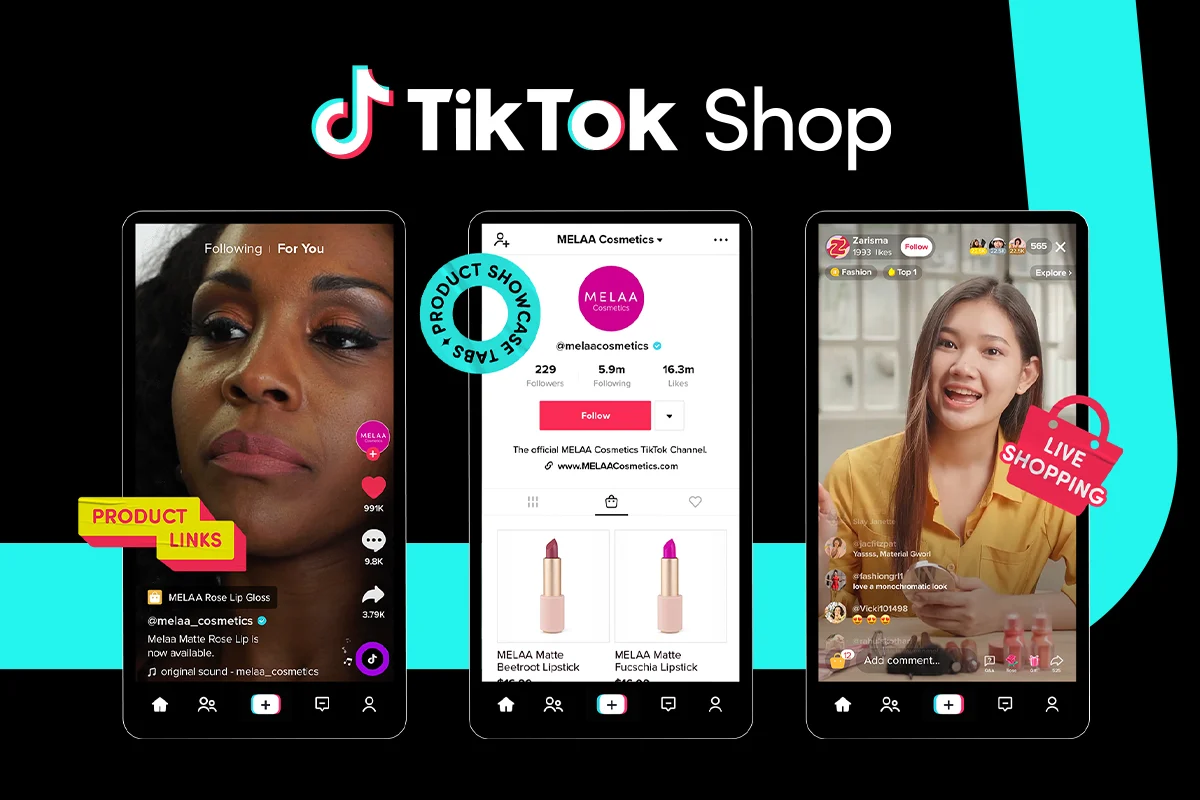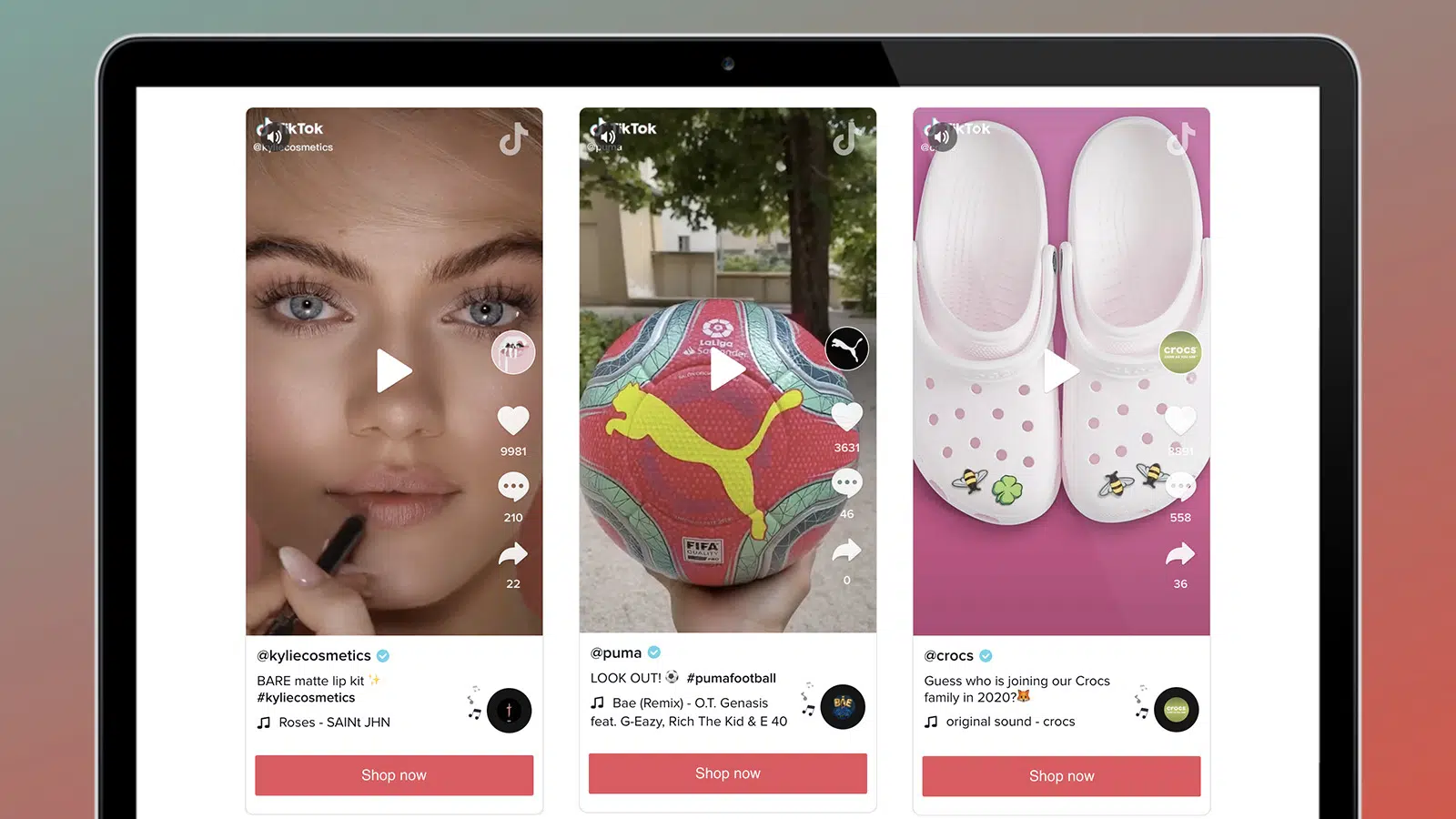Juphy’s Weekly E-Commerce News Express – 18-22 December 2023
Ceyda Duz
Join our weekly e-commerce journey with the latest news. This week, discover mobile app usage during the holiday shopping season and TikTok’s unusual but effective advice for social commerce merchants about live streams. Explore Bold Commerce’s dynamic payment options, Visa’s Provision Intelligence against token fraud, Postscript’s Onsite Opt-In for SMS marketing, and Amazon’s Fit Insights tool. Be sure to catch the key insights!

Mobile Commerce Takes Center Stage: Cyber 5 App Insights
As this year’s last holiday shopping spree came to an end, mobile commerce saw remarkable attention, specifically in app downloads, indicating shifting consumer preferences and behaviors. Black Friday stole the spotlight with an 81% increase in e-commerce app installations compared to the average holiday rate.

The days leading up to Thanksgiving and following the Saturday after Black Friday created a new trend point, seeing peaks in e-commerce app downloads – an impressive first! Popular app stores like Apple’s App Store and Google Play were highly used to download major brand and platform apps like Temu, Walmart, Shopify, Amazon, and Shein – all showing the diverse scene of consumer choices.
Insights from Glassbox highlighted the significant role of mobile apps during Cyber 5, reporting that 63% of online shoppers used mobile apps for their purchases, topping the 57% who initially planned to shop via apps. The journey to this high app engagement revealed interesting aspects.

Despite the strong Cyber 5 turnout, 31% of surveyed consumers opted to download a new app before the event, even though 84% expressed willingness to do so, intrigued by the promise of extra sales and promotions. This emphasizes the undiscovered potential for app downloads and the need for strategic motivations.
Additionally, a survey from Digital Commerce 360 and Bizrate Insights noted some of the fine dynamics of app usage. While 30% of respondents placed orders through retailer apps, there was no real difference between app-used ordering and mobile site purchases through a retailer’s mobile site.
Another difference in app-driven shopping came in the area of gender. Women outpaced men in app usage, with 35% of women reporting purchasing products through a retailer app. Men remained at a lower percentage of app use, 24%, emphasizing the need for tailored marketing approaches.

Mobile shopping, including app usage and visits to retailer websites on mobile devices, emerged as the key force of the year, contributing to 59% of Thanksgiving online sales and 52% of overall Cyber 5 online sales. This impact signals a shift in how consumers engage with online shopping experiences.
In a survey conducted by Ipsos and Google, 74% of retailers acknowledged the role of investing in mobile apps for profitability. This joint recognition underlines the strategic importance of developing a strong mobile app presence to meet the evolving demands of consumers changing preferences and behaviors. As we observe big transformations in consumer behavior, staying up-to-date on these changes is essential for online businesses. We would suggest getting ready for the upcoming year by adapting to these trends and ensuring a smooth and successful start!
TikTok’s Live Shopping Strategy: Longevity Helps Engagement and Sales
In the world of TikTok and TikTok Shop, merchants are advised to make use of live streaming, with a suggested time of a minimum of two hours per session. Some very ambitious sellers are pushing the limits by hosting extended eight-hour or even 24-hour streams during important shopping events like Cyber Monday. TikTok’s different kind of unusual advice and strategic move aligns with its goal of promoting live shopping experiences within the US.

The motive behind this push for longer sessions is grounded in the quest for heightened viewer engagement and increased visibility within TikTok’s algorithm. Along with the platform’s advice, sellers on TikTok find that extended sessions provide more opportunities to connect with audiences and, consequently, enhance their chances of recognition within the algorithm.
To maximize the impact, sellers are encouraged to set a regular live streaming rhythm, create teaser videos for upcoming events, and use TikTok’s analytics tools to determine peak days and hours of follower activity. Since the official launch of TikTok Shop in the US in September, the emphasis on longer sessions remains a key element of the platform’s strategy, inspired by successful live shopping trends happening in big markets like China.

While the success of TikTok’s live shopping in the US is still developing, early reports from merchants suggest meaningful sales on the platform. Social sellers are optimistic about its quick evolution into a strong social shopping platform, underlining TikTok’s potential to reshape social commerce. For those of you who are interested and want to be part of the future in social commerce and selling on TikTok Shop, we would suggest starting to train for very long live streams and making it a part of your everyday life!
Amazon Reveals Fit Insights Tool for Enhanced Apparel Sizing

To address customer sizing expectations and return rates, Amazon has launched Fit Insights. The new tool is designed to help apparel and shoe brands with comprehensive fit-specific data, drawing insights from data about returns, size charts, and customer feedback on fit, pricing, and quality. Fit Insights offers tailored recommendations for size chart improvements and product listing advancements. It is available to brands enrolled in the Amazon Brand Registry who have sold a minimum of 100 units in the last 12 months.
Visa’s Provision Intelligence: AI-Powered Defense Against Token Fraud
In the ongoing fight against token fraud, Visa has launched Provision Intelligence, an advanced AI tool. Using machine learning, this tool assesses the risk of fraud in token provisioning requests by assigning a real-time fraud tendency score ranging from 1 to 99. Employing segment-level supervised machine learning models, Provision Intelligence analyzes historical token requests across various devices, e-commerce platforms, and card-on-file tokens to predict the likelihood of fraud.

Bold Commerce New Dynamic Payment Implementation

Bold Commerce, a headless checkout platform, has disclosed a recent dynamic payment feature for omnichannel retailers and direct-to-consumer brands. This addition allows brands to diversify their payment options, customizing them based on factors such as device usage, channel preferences, and past payment methods, enriching the overall shopping experience for their customers.
Postscript and Its Onsite Opt-In for Seamless SMS Marketing
Postscript, an SMS marketing platform, has introduced its latest feature, Onsite Opt-In. This addition enables merchants to gather phone numbers without requiring visitors to switch to their phone’s messaging app for confirmation. With Onsite Opt-In, brands can enhance their SMS opt-in rates using strategically timed pop-ups, encouraging list growth and sustaining shopper engagement.

In Summary
This week’s e-commerce highlights include a significant increase in app usage during sale seasons, indicating an important consumer preference shift for the future. Notably, a minimum of two hours of live streaming can increase sales on TikTok Shop and is a recommendation of the platform itself. Bold Commerce unveils a dynamic payment feature for enhanced customer experiences. Visa introduces Provision Intelligence, an AI defense against token fraud. Postscript enhances SMS marketing with Onsite Opt-In, while Amazon unveils Fit Insights for improved apparel sizing. Stay tuned for more insights coming up, and happy holidays!

